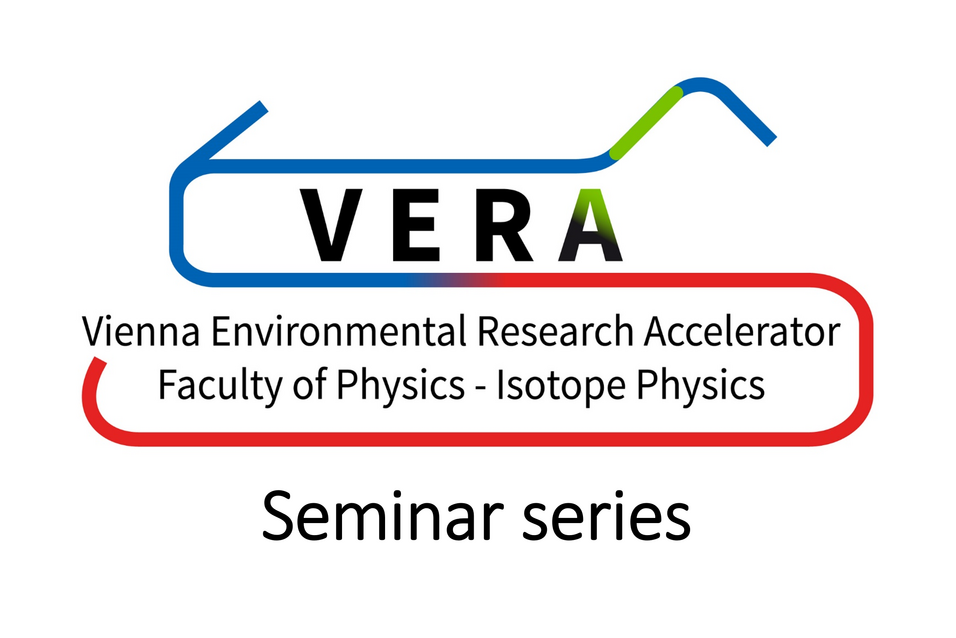Nuclear astrophysics seeks to understand the nuclear processes that govern galactic chemical evolution, with the help of experiments conducted on Earth. Precise knowledge of the nuclear reaction cross sections is crucial for understanding the role of the reactions at play, but the measurement of these small cross sections often poses great experimental challenges.
Underground accelerator laboratories utilize the natural shielding of a rock overburden to reduce background from cosmic rays, and provide a rather unique environment to study nuclear reactions with high sensitivity. In recent years, several new underground accelerators have taken up operation for nuclear astrophysics studies, extending the range of available beam intensities, ion species, and beam energies underground.
This seminar will introduce the advantages and challenges of going underground for measurements of radiative capture reactions, present an overview of the current landscape of underground accelerator facilities, and highlight recent results obtained in these laboratories.
Axel Boeltzig (Dresden): Nuclear Astrophysics with Underground Accelerators
Location:
Victor-Franz-Hess-Hörsaal, Währinger Str. 17, 1. Stock Kavalierstrakt
Verwandte Dateien
- Boeltzig_27_04_23.pdf 89 KB

